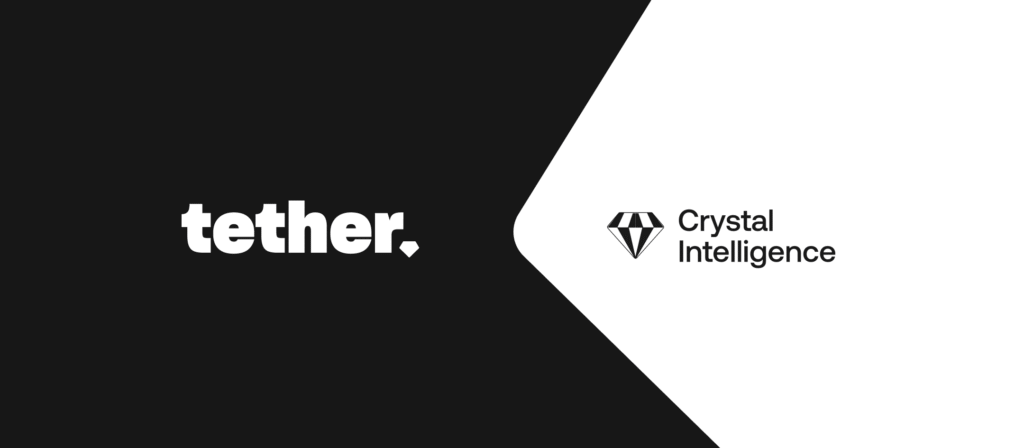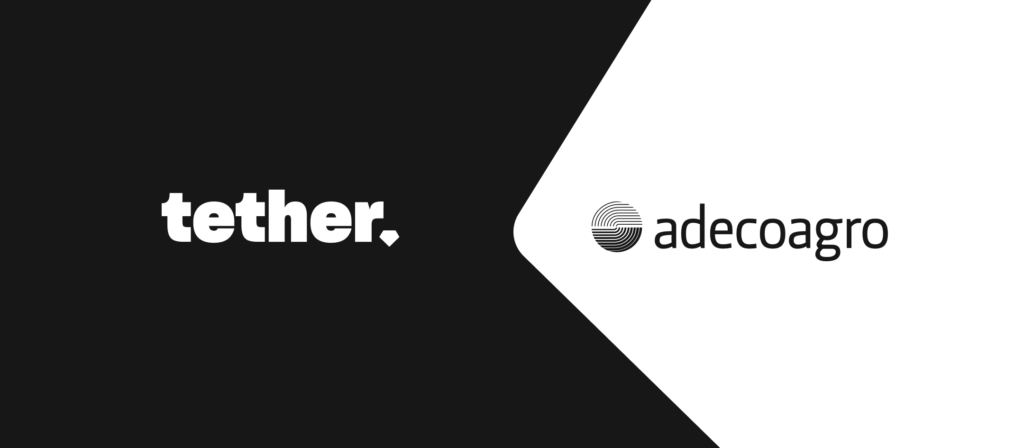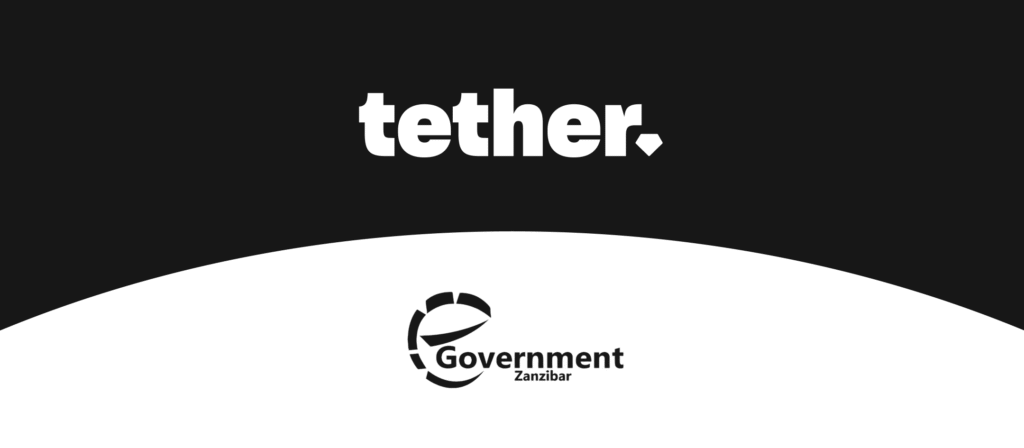Cryptocurrencies have become a popular topic among those seeking to participate in an increasingly digital world. While it certainly is true that cryptocurrencies are among the best performing investments of the year ( or even the decade), there is too much focus on the price of these emerging assets that often obscures the tangible impact that digital assets are having on global economies.
All over the world, discussions surrounding cryptocurrencies are being had not just on the streets of major cities, but also within government offices and among the ranks of legislators. The question of what role digital assets will play in our future has become an increasingly pressing one.
At the top of this debate is the topic of stablecoins, which have become a major priority for legislators as they draft regulation and consider the role of cryptocurrencies on their respective economies. This could be attributed to the fact that some lawmakers have concerns about the similarities between stablecoins and official government currencies. Unlike other digital assets, stablecoins are not designed to appreciate in value, and, as such, are not typically considered an investment. Pegged 1:1 to fiat currencies, stablecoins are often considered the digital version of the dollar and therefore a competitor to official government currencies.
Stablecoins have many key distinctions that differentiate them from official government currencies:
1) Stablecoins are purely digital and are issued on distributed ledgers (however Tether maintains the ability to freeze assets when necessary).
2) Stablecoins can be held by individuals and corporations without using a traditional banking infrastructure, allowing users to avoid the cumbersome and sometimes predatory actors that are many modern banks.
3) Stablecoins can be indexed to any currency and can be accessed anywhere in the world regardless of jurisdiction
Due to these unique qualities, stablecoins, and specifically Tether tokens are capable of solving real problems around the world. USD₮ provides users with a way to escape some inflating currencies, access financial services, preserve wealth, and efficiently transfer value.
Tether in Lugano
Most recently, Tether announced a collaboration with the city of Lugano in Switzerland, to demonstrate the real-world use of blockchain technologies by practically applying it to local communities in the region. To date, most blockchain projects have focused on foundational efforts that give little attention to local communities and deliver practical applications with little real world application.
With a population of roughly 63,000 people, Lugano is Switzerland's 8th-largest city. This collaboration will allow Lugano residents to pay taxes, parking tickets, public services and tuition fees using cryptocurrencies such as Tether.
The goal of this collaboration is to scale the city's blockchain capabilities and promote Lugano as a major hub for European blockchain adoption. As the world’s largest stablecoin, Tether has the potential to transform Lugano into a better and more open, transparent and smart city.
Tether in Latin America
Tether provides a stable and efficient way of transmitting dollars. It is widely used by tens of thousands of traders daily across Latin America simply because it makes trading and arbitrage, among other things, more efficient.
It is the most widely used crypto asset in the region and its primary use case is sending remittances. Given that a large proportion of Latin Americans live outside of the country, the remittance market moving in and out of the country has seen exponential growth.
The use cases for Tether in the region do not stop there. There has been the successful use of USD₮ in the peer-to-peer (P2P) trading markets. An increasing number of people in Latin America are also beginning to accept Tether as a method of payment for real life services.
Amid high inflation and a steady devaluation of the local currencies, the unique properties of Tether have allowed it to become the basis for a new financial system..
Tether in Turkey
Turkey’s inflation rate continues to rise to all-time highs, causing havoc for ordinary Turkish citizens. USD₮ has been a tool that has helped many Turks navigate this financial crisis and keep their families safe.
In the fall of 2021, the Lira became the most traded currency against USD₮, surpassing even the dollar and the euro; Lira trading volume peaked at over $22 billion per week.
To put this in perspective, the world's largest FX currency market in London traded $33.5 billion dollars against the Lira per day in October. This means that Lira trading against USD₮ represented close to 10% of total Lira FX volumes at the world’s largest FX market against the dollar during this time period.
This clearly shows that USD₮ has grown into a major financial instrument for people in Turkey, rivalling the size and impact of many other financial instruments and currencies.
Far from just being used as a vehicle for financial speculation, USD₮ has grown into a valuable tool to protect the savings of families around the world.
Tether in Argentina
Argentina is another country that has battled high levels of inflation throughout its history. Due to the instability of the Argentinian Peso, there is high demand for US dollars.
However, due to government restrictions, Argentinian citizens are forced to access US dollars by means of black markets where dollars trade at high premiums to the official exchange rate. This forces workers and savers to operate in a currency that consistently experiences inflation that exceeds 30% per year.
USD₮ allows Argentinians to access a market that is truly global and liberates them from local black markets with highly constrained liquidity resulting in high premiums. It also empowers them to hold Tether in ways that cannot be confiscated by the government, unlike local bank accounts.
Strike, a popular payment application, launched late last year in Argentina and is using USD₮ to empower Argentine citizens to access reliable financial services.
Tether has provided a real tool for users facing economic crises in Argentina.
Tether in Myanmar
There have been ongoing insurgencies in Myanmar since the country gained independence in 1948. Its latest conflict has been between the current military government and a parallel government, The National Unity Government (NUG) whose leader has received commendations from the US and been acknowledged by the European Union.
The NUG announced in December 2021 that it would be adopting USD₮ as the official currency of the NUG. This highlights more broadly how USD₮ can be used as not just a financial tool, but as a political tool for people and organizations all over the world cut off from financial infrastructure.
USD₮ provides an easy way to access dollar-denominated liquidity and conduct trade freely in a country where restrictions have become heavily enforced.
This proves that USD₮ can be used as a tool to promote democracy and financial freedom around the world, by allowing anyone to access the relative stability of the US dollar.
The Success of Tether
USD₮ can be thought of as a technology that is built on top of the financial infrastructure that is the US Dollar. USD₮ fundamentally empowers more people to be able to access and use the US Dollar in areas where access may be restricted or undeveloped.
Trust in the US Dollar underpins the success and adoption of USD₮ around the world. The trust that entire nations of people have placed in USD₮ is only possible due to the success of the US Dollar as an alternative for those who do not have confidence in their own government's currencies.
However, trust should not be easily given and at Tether we strive to continually earn your trust by providing industry-leading transparency into the reserves that back USD₮.
You can find our most recent quarterly assurance opinion and our Consolidated Reserves Report
here
.
We believe that stablecoins, and USD₮, are tools of global financial empowerment and financial freedom. We believe that USD₮ strengthens the US Dollar globally and provides more people around the world with access to a stable currency.
And we believe that Tether will continue to strive to lead the stablecoin industry forward in transparency, reach, and cooperation with global regulators.








